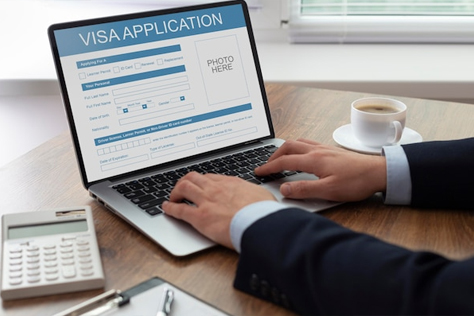Common Mistakes to Avoid When Applying
for a U.S. Visa
Applying for a U.S. visa can be a complex process, and even small mistakes can lead to delays or denials. To improve your chances of success, it’s essential to be aware of the common pitfalls applicants make. This guide highlights the key mistakes to avoid and provides tips to ensure a smooth application process.
